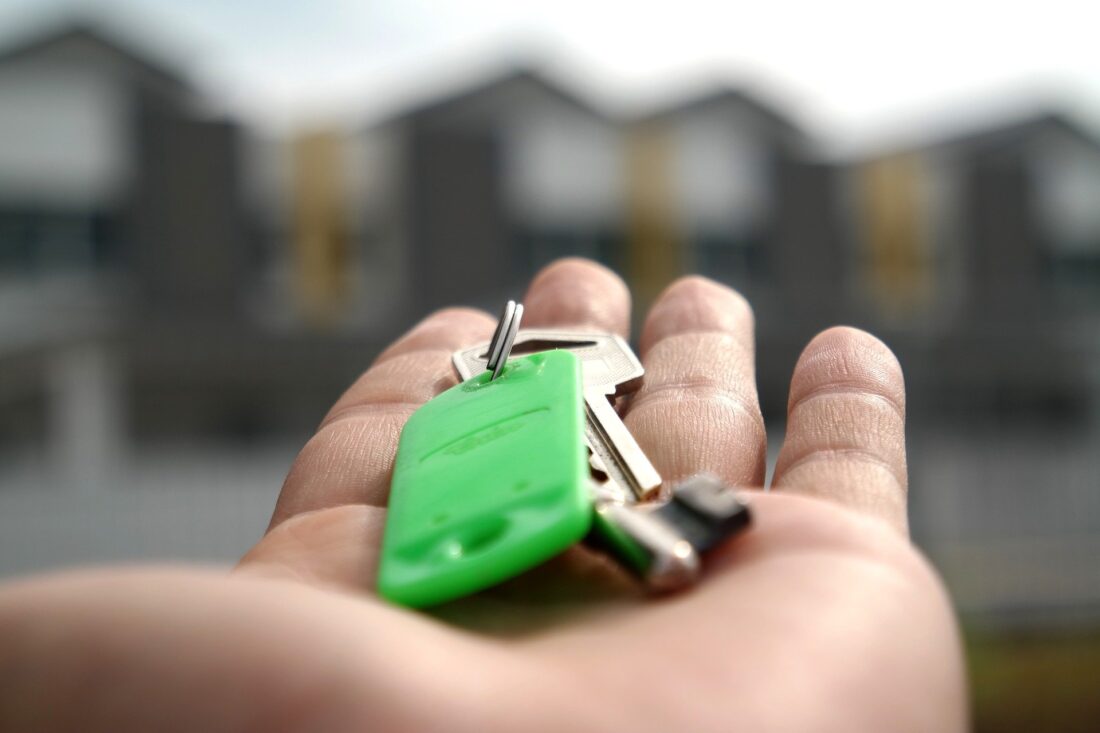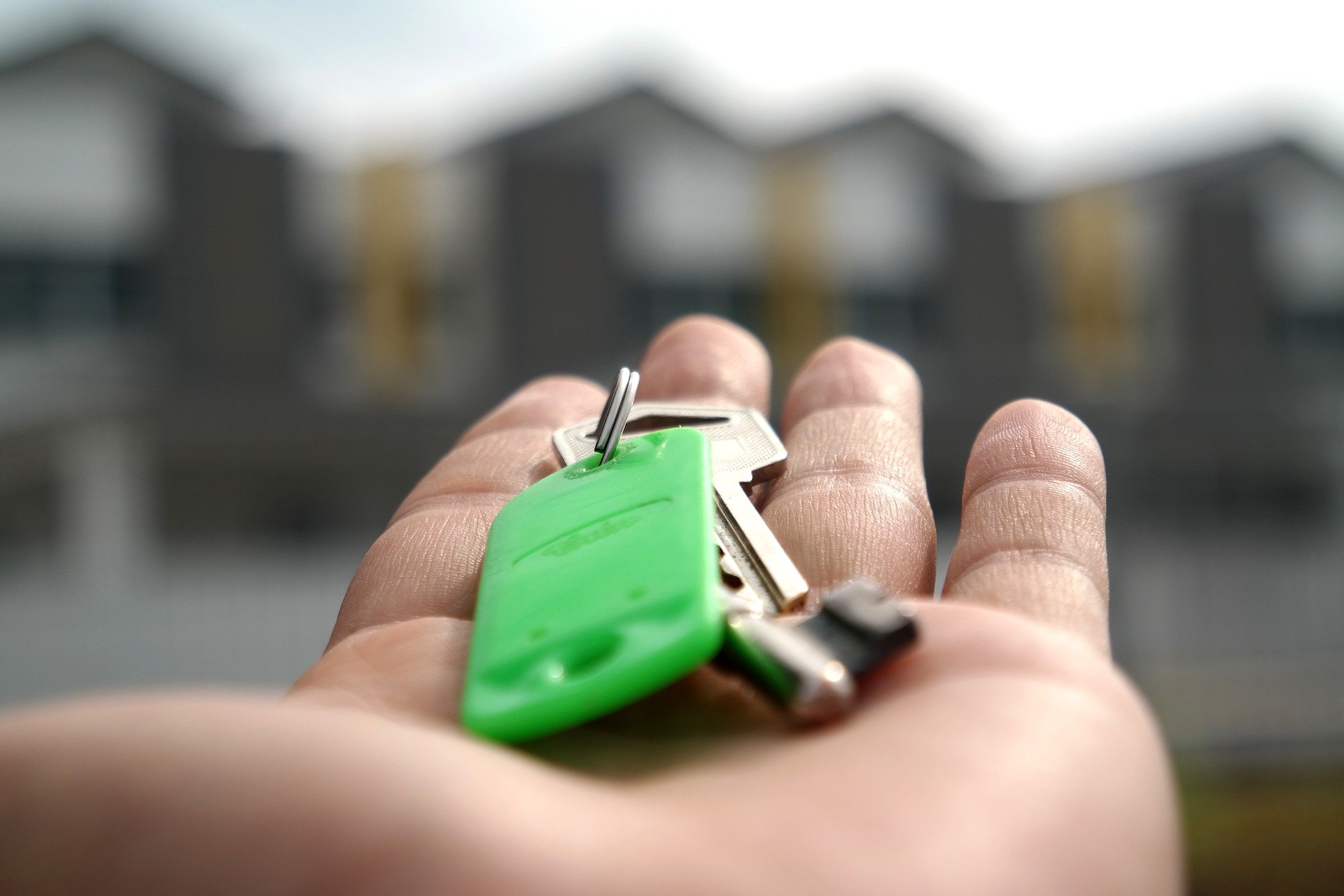 Want to know how to buy your first home? Before financing a home, you should know the best mortgages that fit your situation. For example, fixed and variable mortgages come with different terms and advantages.
Want to know how to buy your first home? Before financing a home, you should know the best mortgages that fit your situation. For example, fixed and variable mortgages come with different terms and advantages.
Moreover, you can take advantage of various federal housing programs that can reduce your monthly payments and interest rates. You can even take advantage of state programs that will slash your down payment.
This article will provide some helpful tips to first time home buyers. Read further to know more.
Fixed vs Variable Mortgages
Fixed and variable mortgages can help homebuyers when it comes to interest rates. Fixed-rate mortgages will lock in the current interest rate in perpetuity. It’s a great option if you want to keep paying the mortgage at a lower rate, and your monthly payments won’t fluctuate.
On the other hand, variable-rate loans come with changing interest rates. Variable-rate loans are also called adjustable-rate loans.
You can choose this option if you expect your income to rise in the future, and you can get a low introductory rate in the first few years. That said, the interest rates on adjustable-rate mortgages can increase exponentially in the future, increasing your payments in the process.
First Time Home Owner Grants
Many first time home buyers struggle to come up with a down payment. Depending on your state, you may be able to take advantage of a first home buyers grant. In particular, many of these grants allow you to pay a lower down payment.
However, the guidelines can vary. For example, you may need to take a course for first-time buyers. The courses are usually quick, and you may have the option of taking the course online.
Conversely, the grants may place caps on the down payment. Further, many of the grants are technically loans. You may have to make monthly payments to pay back the grant, but the debt could be wiped away if you make payments on time.
In addition to down payments, states may offer the following types of programs:
- Tax credits based on federal tax returns
- Pairing homeowners with better interest rates
- Programs that allow homeowners to pay lower closing costs
Further, you may be eligible if you’re in a certain profession. For instance, nurses, veterans, teachers, active-duty members, and first responders are usually eligible for these programs.
To find the best programs, talk to your lender. You can also contact your state’s housing authority for more information.
Federal Programs
More than likely, you may be eligible for federal assistance as a first time buyer. Refer to the following programs to see if any apply to you:
FHA Loans
The Federal Housing Authority offers FHA loans to borrowers who don’t have the best credit. Also, this program is the best option if you’re struggling with down payment requirements. For low-credit applicants, you could pay the following:
- Scores 500 to 579: You could pay a down payment of 10%.
- Minimum 580 score: The down payment could be 3.5%.
Conversely, an FHA loan could cost you in other ways. FHA borrowers must pay mortgage insurance, which only protects the lender in case you default.
VA Loans
If you’re a veteran, the Department of Veterans Affairs can help you get into a home. This program is also for active-duty personnel and spouses. VA loans come with no down payments and lower interest rates.
Moreover, you don’t have to worry about minimum credit scores, and you don’t have to pay mortgage insurance. That said, you’ll pay a funding fee that can increase your balance. However, you can pay the funding fee monthly. Also, the VA won’t cover closing costs.
Good Neighbor Next Door Program
If you’re a law enforcement agent, firefighter, emergency technician, or a teacher, you can get housing assistance from Housing and Urban Development (HUD). If you live in a designated ‘revitalization’ area, HUD will discount the home price by 50%. However, you must live in the home for at least 36 months.
USDA Loans
The Department of Agriculture provides these loans. However, USDA loans aren’t solely for farmers.
If you intend to buy a home in a rural area, you could be eligible. Best of all, the property doesn’t have to be a farm.
If you qualify, you can get 100% financing. You’ll need a minimum score of 640 to qualify.
However, USDA comes with upfront fees, which can be thousands of dollars. Also, the USDA doesn’t allow cash-out refinances.
Fannie Mae/Freddie Mac
Under this option, federal-backed companies Fannie Mae or Freddie Mac will back your loan. Fannie refers to the Federal National Mortgage Association, and Fannie Mae refers to the Federal Home Loan Mortgage Corporation. Fannie Mae usually buys mortgages from larger retail banks, whereas Freddie Mac usually deals with smaller ones.
Under both programs, you’ll only pay a 3% down payment. Under both programs, the credit score minimum is 620. Further, both organizations allow debt-to-income ratios as high as 50%.
Fannie Mae also offers a separate program for first time buyers willing to buy a foreclosed home. Known as HomePath, this program will finance 3% of your closing costs.
Financing a Home for the First Time
When financing a home, first time home buyers can take advantage of housing-assistance loan programs, such as FHA loans, VA loans, USDA loans, and Fannie/Freddie Mac loans. These programs help homeowners struggling with low credit and low down payment reserves.
More importantly, new home buyers must decide between fixed and variable mortgages. Fixed mortgages will allow you to make payments at a lower interest rate in the long-term, and variable mortgages allow you to get a better rate in the future.
Interested in reading more? Read more on our blog to gain insight into other home-based topics.
